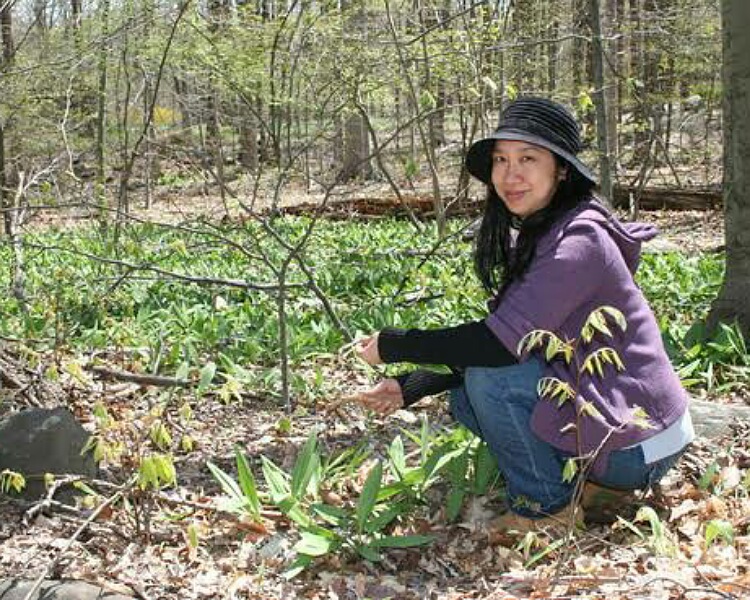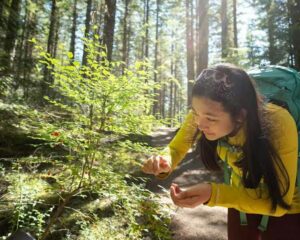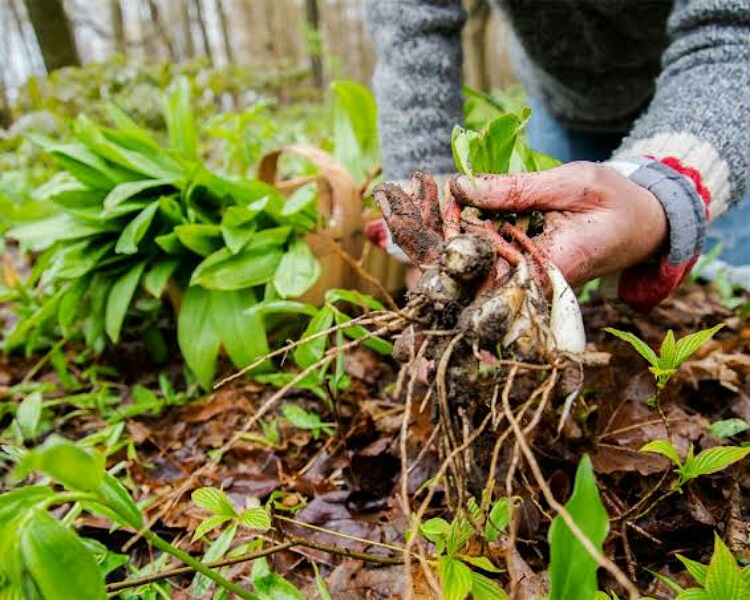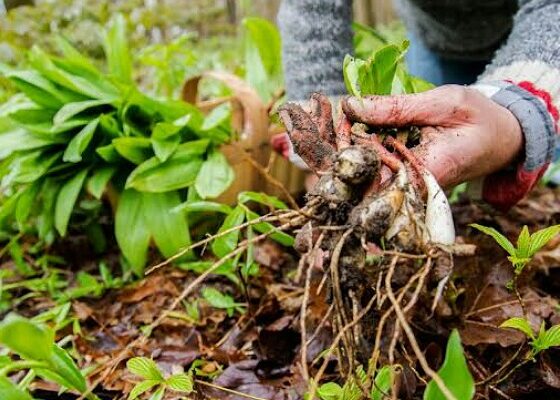Foraging is an exciting and useful way to enjoy fresh local foods. But it needs some knowledge of botany and edibility of plants for safety and ethical reasons.
Foraging – the ancient practice
Foraging is a practice that was common with our ancestors. It went out of use when commercial farming came into existence. But this is again doing a comeback. People who are concerned about environment have started it. It is also an enjoyable act and one can connect with earth and nature due to it.

This involves gathering of wild foods such as fruits, greens, nuts and mushrooms for consumption. These plants are not planted by anyone but nature has provided them to us. It needs knowledge of plants and their edibility. This practice is fun, can save money and reduce carbon footprint. The food is local and not mass produced or shipped. It helps you gain knowledge about the flora of your region and seasons and weather conditions that impact the growths.
How to play safe?
One cannot pick up any fruit or greens or nuts or mushrooms and eat it. They should be safe for consumption. Here are tips on how to be safe while on this mission:
-Identification of the plant part
This is vital. Some plants or their parts are poisonous and can causes illness and even death. Some can elicit skin or other allergies in susceptible people. Hence buy a local field guide for it. Only pick those that you are sure of.
-Doubtful situation
If in doubt, throw away the plant part. Do not eat or even taste it. Safety is of utmost importance here. Do not be too adventurous of unsure things.
-Healthy picks
Pluck only healthy plant parts. Do not pick those that are diseased or are infested. These could land you in hospital.

-Gentleness
Be gentle. Do not spoil wild life and environment in the process. Leave the area as it was when you entered. Do not litter around the place.
-Legality
Check local rules and regulations on it. Some areas or countries might be considering foraging as an illegal activity. Also forage in public areas. Do not enter private properties without permission.
-Avoid sprayed areas
Do not pick from areas where there has been a recent pesticide, insecticide or weedicide spray.
-Group activity
Do not forage alone. Be in groups.
-Body and self protection
Cover your body well to prevent insect bites or injuries from thorns etc. Wear long pants, sleeved shirts, boots and gloves for it.

-Home information
Inform at home of where you will be and when you are likely to return.
-Sun screens
Use sunscreen to protect the skin. UV rays are harmful when you are in the open for long hours.
-Emergency measures
Carry some food and water just in case. Carry some first aid things in case of emergency.
Read here: What is foraging? What are its advantages for people’s nutrition?
-Homework
Do your homework before you set out. Know the local area map and likely natural plants that grow there on their own.
